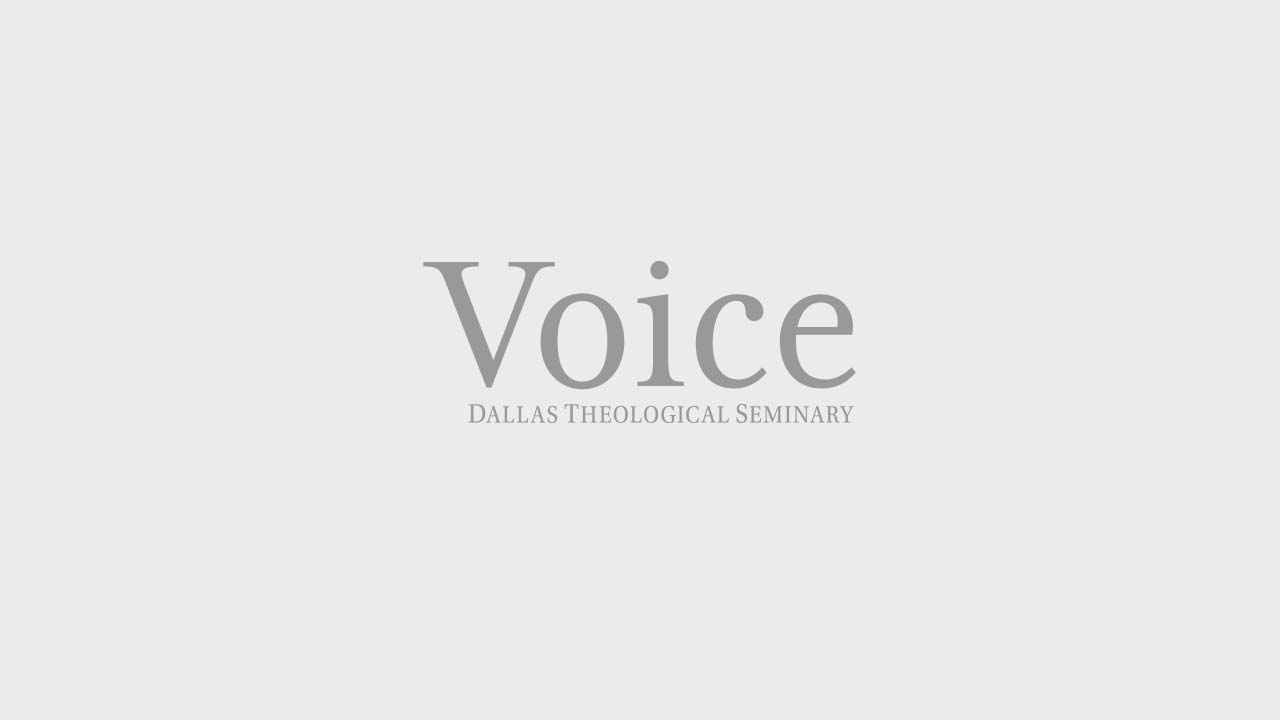Basis, Task, and Method
Bruce Waltke covers the basis, task, method, and history of Biblical theology, contrasting it against systematic theology.
Introduction to Biblical Theology
- The purpose of studying biblical theology, emphasizing knowing God and oneself
- Ego identity is introduced, highlighting the importance of memory and destiny in understanding oneself
- The spiritual commitment to a community, particularly the church, is seen as more fundamental than biological heritage
The Basis of Biblical Theology
- Revelation, inspiration, and illumination are discussed as the foundational aspects of biblical theology
- The task of biblical theology is to summarize blocks of writing and abstract universals from particulars
- The example of Genesis 1 and 2 is used to illustrate different views of God and humanity and how they come together to form a comprehensive understanding
The Task of Biblical Theology
- The goal is to take parts of the biblical text and put them together to understand the whole
- The primary history from Genesis to Kings is used as an example of summarizing and understanding biblical narratives
Comparison with Systematic Theology
- Systematic theology is described as synchronic (concerned with presenting the faith) while biblical theology is diachronic (tracing the history of themes)
- The methods of organizing material differ between the two, with biblical theology focusing on the development of themes over time
Different Approaches to Biblical Theology
- Various approaches to biblical theology are discussed, including the history of religion school, thematic centers, and the concept of a central theme (e.g., the eruption of the kingdom of God)
Methodology
- The method for biblical theology involves studying blocks of writing and recognizing the narrative and poetic techniques used by biblical authors
- The importance of understanding the text's literary structure and devices is emphasized
Poetics and Narrative Criticism
- Poetics involves the literary devices an author uses to construct a composition and communicate meaning
- The concept of an author versus a redactor is introduced, highlighting the skillful composition of biblical texts
Literary Techniques
- Various literary techniques are discussed, including the use of leading words, refrains, contrast, causation, and symmetrical patterns
- The significance of these techniques in understanding the theological and narrative structure of the Bible is emphasized
*The above summary is AI-generated, so discrepancies may exist. Please refer to the audio or video file to verify accuracy.

